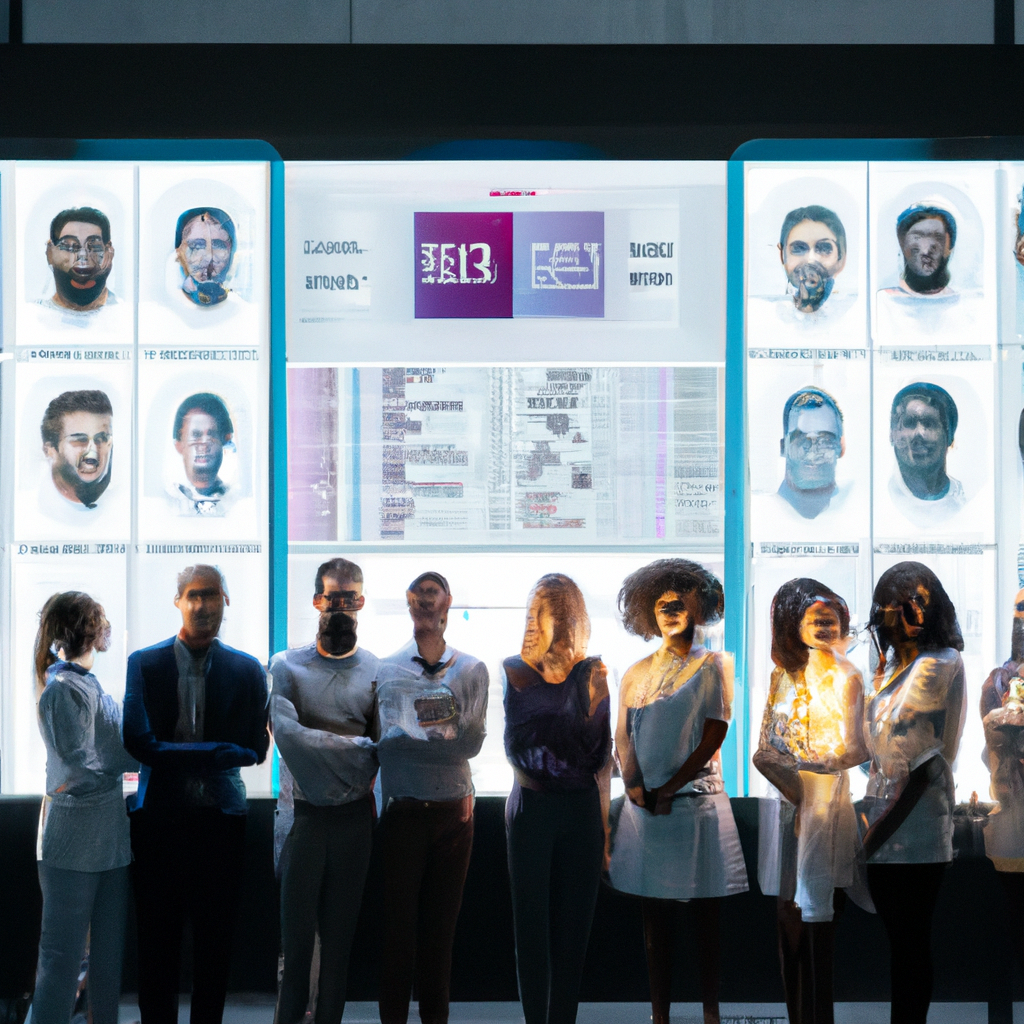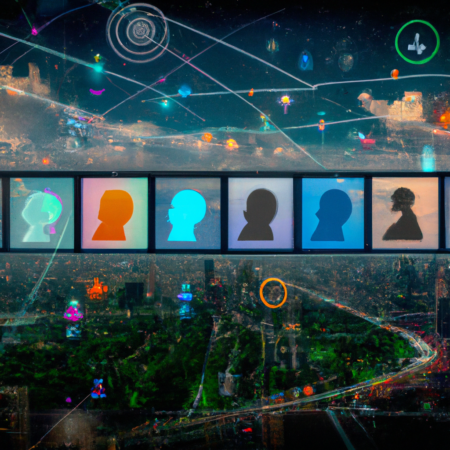Navigating the Future: Key Trends in AI Ethics & Regulation for 2025
As we continue to integrate artificial intelligence (AI) into various sectors of society, the conversation around AI ethics and regulation has become more pertinent than ever. The year 2025 has seen significant developments in how we understand, legislate, and implement AI technologies responsibly. This post explores the latest trends and challenges in AI ethics and regulation.
1. Enhanced Transparency Measures
Transparency in AI operations and decision-making processes is crucial for building public trust. In 2025, we have witnessed governments and organizations adopting stricter guidelines that require developers to disclose their AI models’ data sources, training procedures, and decision-making frameworks. These measures aim to make AI systems more understandable and accountable.
2. Strengthening Data Privacy Regulations
With the exponential increase in data usage, protecting individual privacy has become a central theme of AI regulations. New amendments to data protection laws now cover more comprehensive aspects of privacy, including data minimization and the right to digital erasure, ensuring individuals have greater control over their personal information.
3. Focus on AI Bias Mitigation
AI bias remains a significant concern, but 2025 has seen innovative approaches to mitigating bias in AI systems. These include advanced algorithms that can audit other AI tools for fairness and diversity. Additionally, there’s a push for more inclusive data sets to train AI, which helps in reducing systemic biases inherent in previous models.
4. International Cooperation on AI Governance
AI’s global impact has led to increased international collaborations to create unified standards for AI development and use. These collaborations aim to harmonize regulations and facilitate seamless cooperation across borders, ensuring that AI benefits are widely distributed and ethical standards are uniformly applied.
5. Ethical AI Certification Programs
2025 has also seen the rise of ethical AI certification programs, which assess AI technologies on various ethical parameters before they are deployed. Such certifications are becoming a prerequisite for companies that wish to participate in public sector AI projects, ensuring that only ethically compliant AI solutions are implemented.
In conclusion, as AI continues to evolve, so does the landscape of ethics and regulation surrounding it. By staying informed about these trends, stakeholders can better navigate the complexities of implementing AI in a manner that is both innovative and ethically sound.






